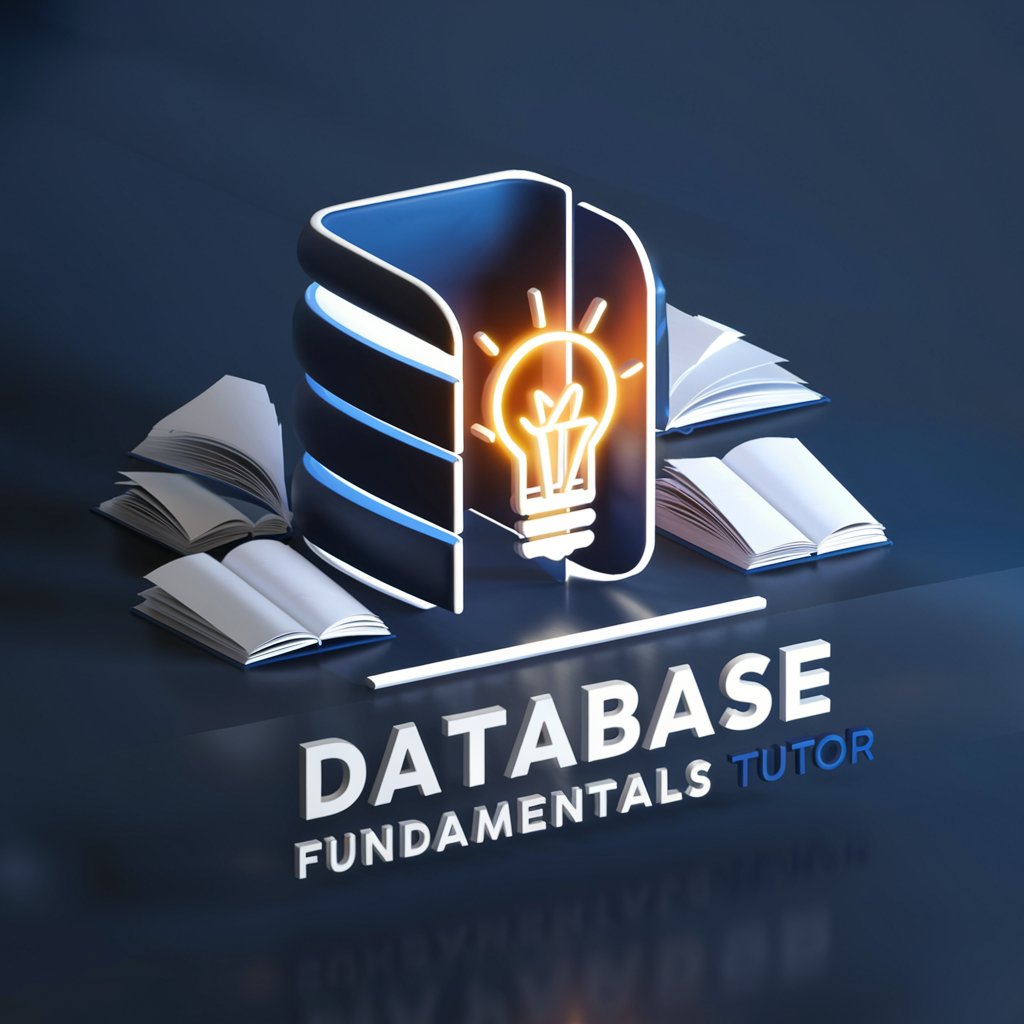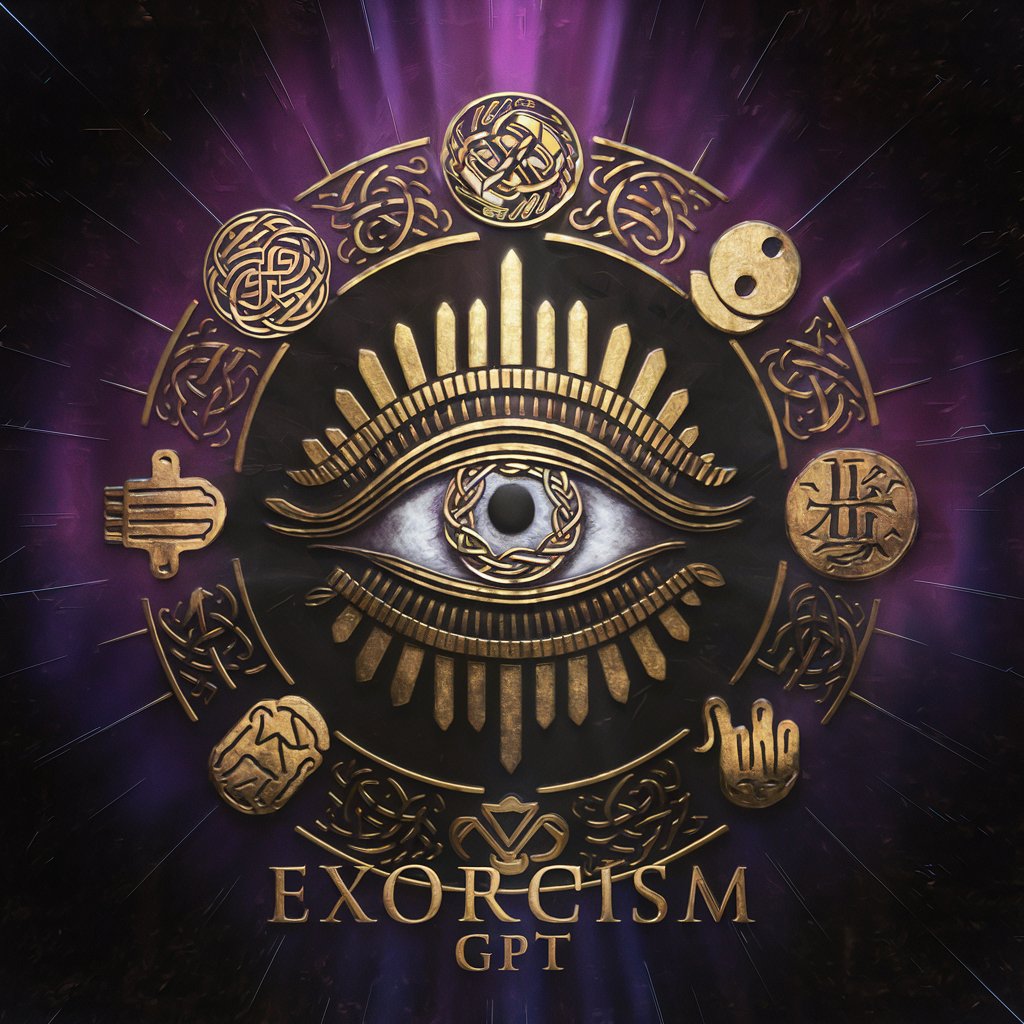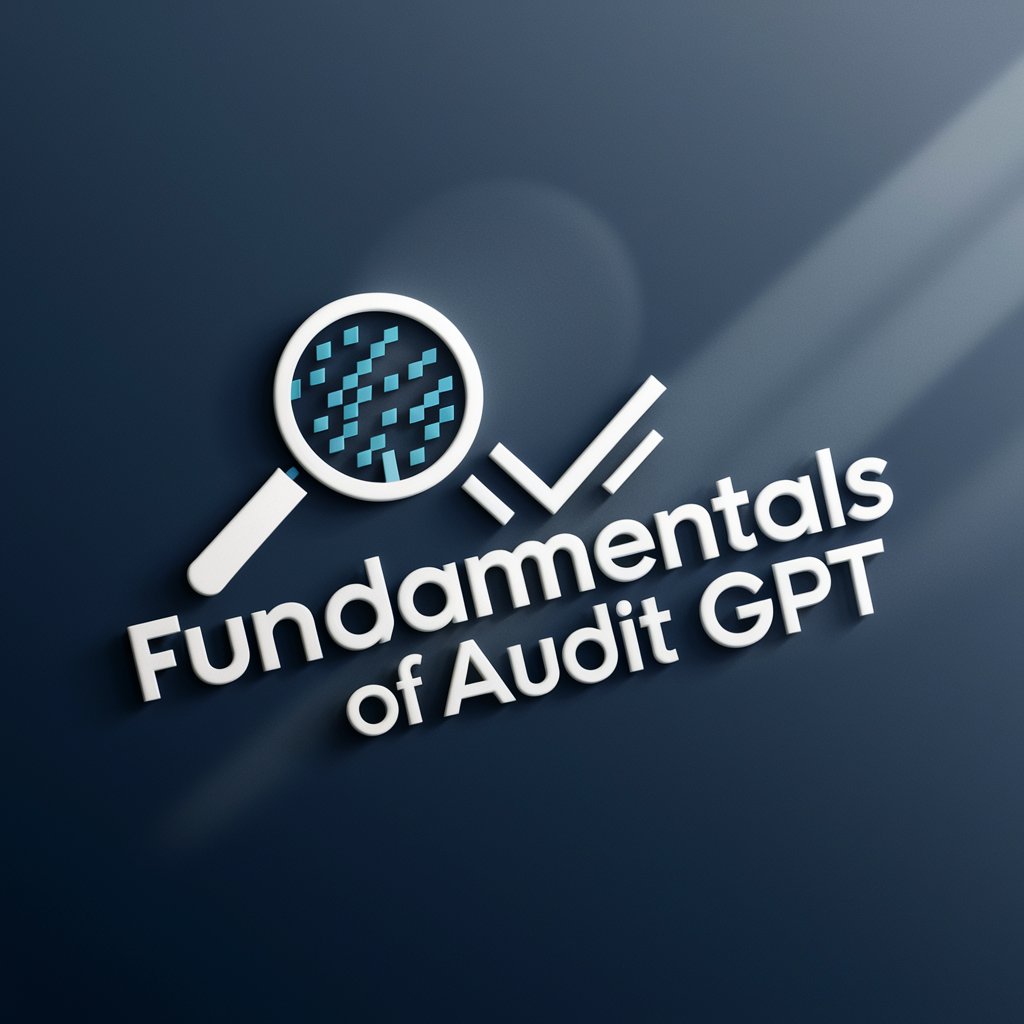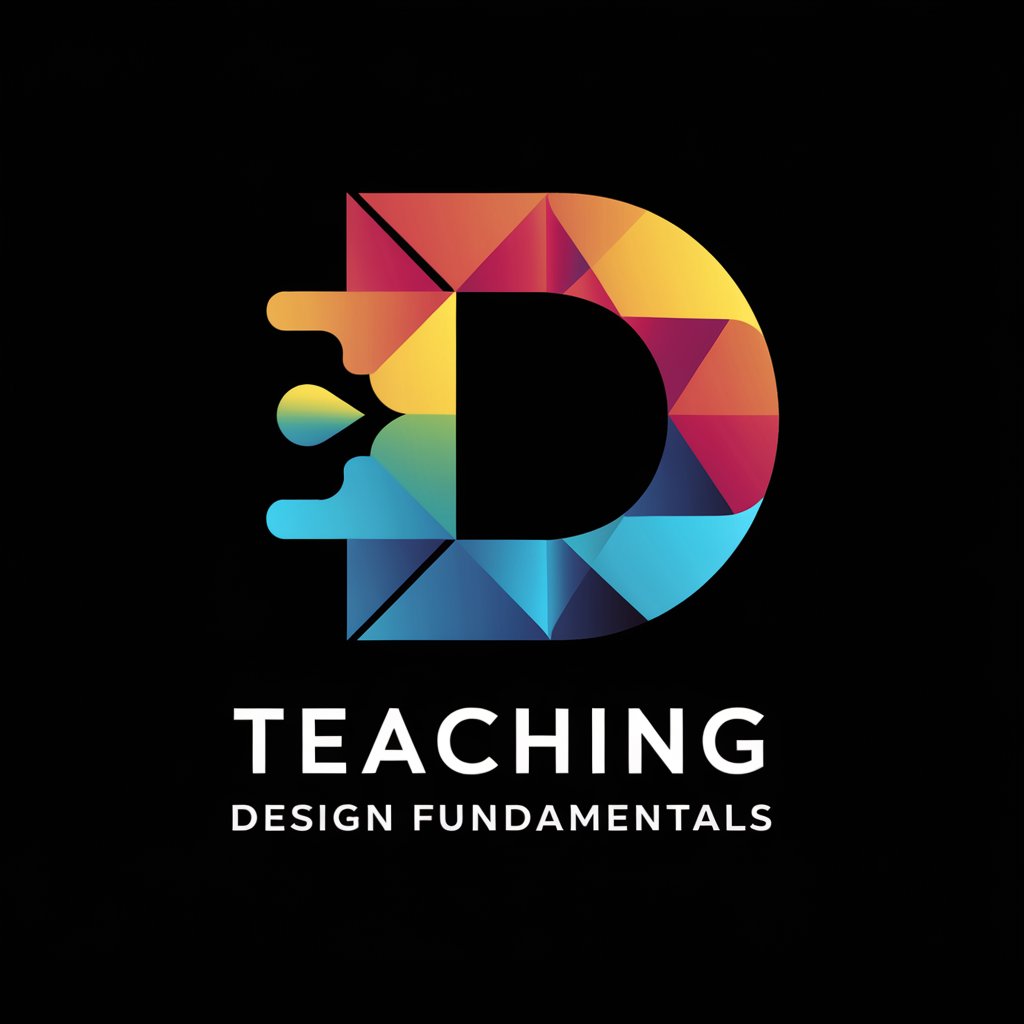Database Fundamentals Tutor - Database Learning Aid

Welcome! Ready to dive into database fundamentals?
Harness AI to Master Database Fundamentals
Can you explain the differences between relational and document databases?
How do normalization and denormalization impact database performance?
What are the key components of an ER diagram?
How does SQL injection work and how can it be prevented?
Get Embed Code
Understanding Database Fundamentals Tutor
Database Fundamentals Tutor is designed as a specialized digital assistant aimed at enhancing the learning experience for students and professionals studying database systems. This GPT's primary purpose is to serve as a knowledgeable resource in database fundamentals, including data models, schema design, and data manipulation languages. It helps users grasp complex database concepts through interactive learning, detailed explanations, and example-driven guidance. For instance, a user struggling to understand normalization in relational databases can receive a step-by-step tutorial explaining the various normal forms and their importance, illustrated with examples of schema transformations to improve database design. Powered by ChatGPT-4o。

Core Functions of Database Fundamentals Tutor
Educational Support
Example
If a student is unsure how to implement a many-to-many relationship in a relational database schema, the tutor can explain the concept of junction tables, provide syntax for SQL table creation, and illustrate with a schema diagram showing the relationships between tables.
Scenario
A graduate student is working on a database design project involving complex query optimizations. The tutor can offer detailed explanations on SQL optimization techniques such as indexing, query rewriting, and use of execution plans.
Query Resolution
Example
When a user queries about the differences between SQL and NoSQL databases, the tutor can explain the fundamental differences in data storage, scalability, and suitability for various types of applications, supplemented by comparing use cases like transaction systems (favoring SQL) versus real-time big data processing (favoring NoSQL).
Scenario
A professional preparing for a job interview on database management systems can ask for in-depth discussions on topics like ACID properties, CAP theorem, and their implications in distributed systems, which the tutor can elucidate with current examples from industry practices.
Target User Groups of Database Fundamentals Tutor
Upper Division and Graduate Students
These users, often engaged in advanced studies involving complex database topics and research, benefit from the tutor's ability to break down sophisticated concepts into understandable parts and provide academic support tailored to high-level educational needs.
Database Professionals and Practitioners
Professionals in the field can use the tutor to refresh their knowledge, stay updated with the latest database technologies and practices, and solve practical problems in their work environment through guided, example-based learning.

How to Use Database Fundamentals Tutor
1
Visit yeschat.ai for a complimentary experience without requiring a login or ChatGPT Plus subscription.
2
Select the Database Fundamentals Tutor from the list of available tools to start interacting directly with the tutor.
3
Input your database-related queries or topics you need help with into the chat interface.
4
Utilize the provided examples and coding snippets to better understand practical applications.
5
Review the detailed explanations and ask follow-up questions to deepen your understanding of the subject matter.
Try other advanced and practical GPTs
Fundamentals of Construction Tutor
Empowering Construction Knowledge with AI

Computer Science Fundamentals Tutor
Empower your coding journey with AI

Cute Cat Creator
Endless cuteness powered by AI

Puppy Parade
Unleash Creativity with AI-powered Canine Images

UwU Waifu! (◡ω◡)
Experience Affectionate AI Companionship

Exorcism
Unveiling ancient wisdom with AI

Fundamentals of Audit GPT
Decoding Auditing with AI

Food Photography Fundamentals
Empower Your Culinary Creativity with AI

UI/UX Design Fundamentals
Master UI/UX Design with AI Guidance

Design Fundamentals
Empowering creativity with AI-driven design insights.

Professor Diffuse
Master Diffusion Models with AI

Stable Diffuser
Crafting Visuals with AI Precision

Frequently Asked Questions About Database Fundamentals Tutor
What database models does this tool cover?
Database Fundamentals Tutor covers a variety of database models including relational, document-based, key-value, and graph databases. It provides insights into their structures, use cases, and best practices.
Can it help with SQL queries?
Yes, the tutor can assist with constructing and optimizing SQL queries, explaining different SQL commands, and providing tips on query efficiency.
Does it offer advice on schema design?
Absolutely, it provides guidance on designing robust and scalable database schemas, considering factors like normalization, data integrity, and performance.
How can this tool assist in academic research?
It supports academic research by helping to model data, understand complex queries, and design databases for research projects, ensuring best practices in data management.
Is there support for NoSQL databases?
Yes, the tutor explains NoSQL database concepts, discusses different types of NoSQL databases like MongoDB and Cassandra, and how to effectively use them in various applications.
